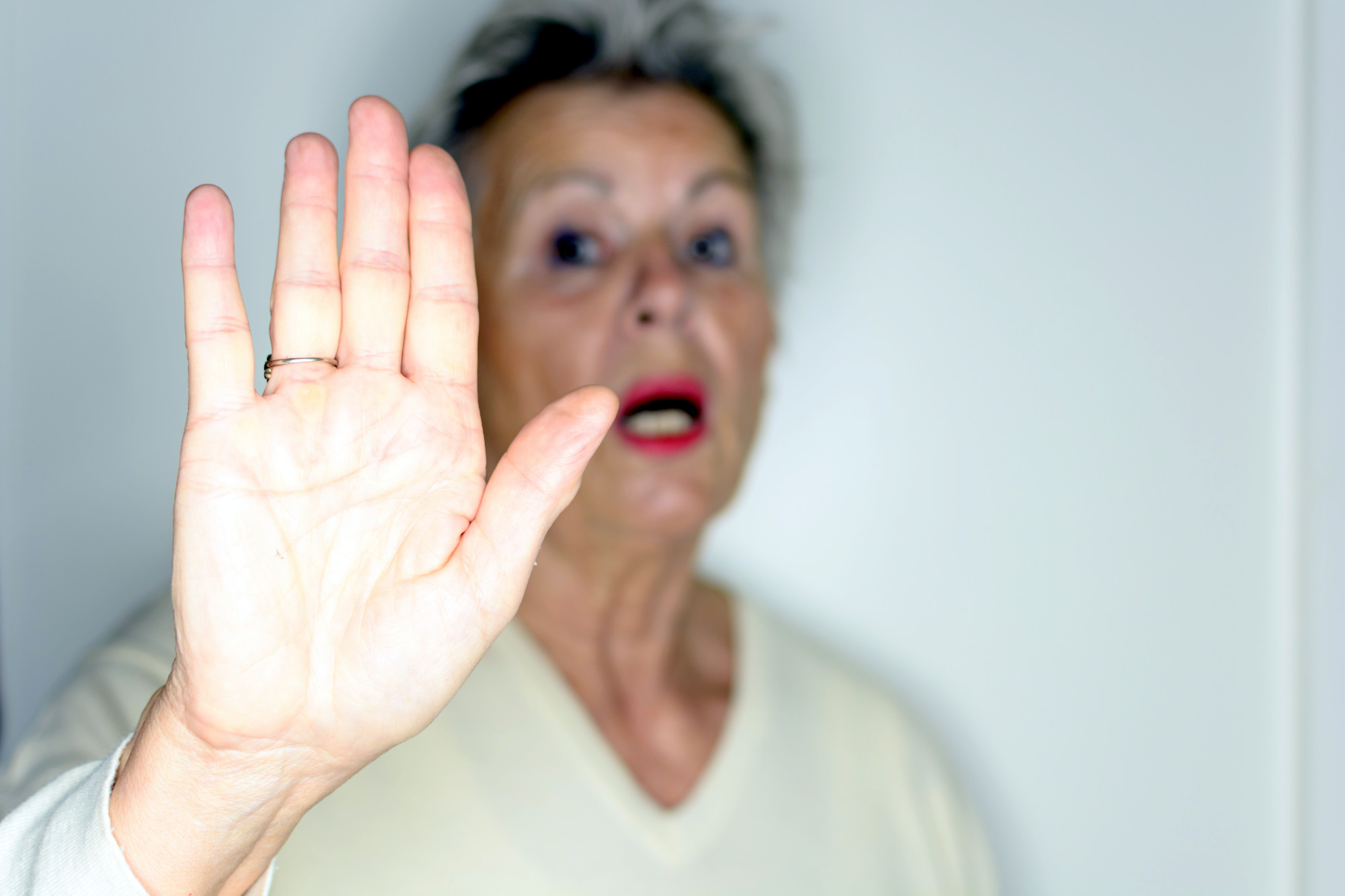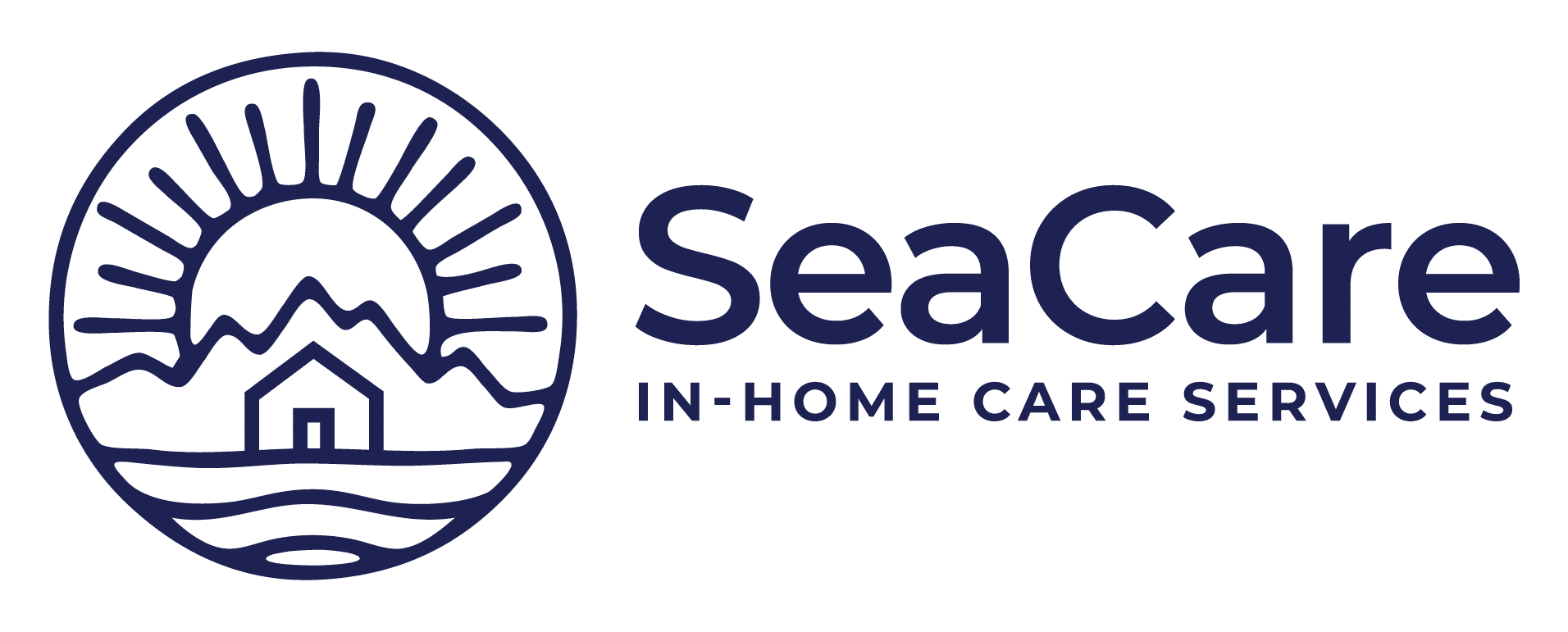5 Signs of Elder Abuse That You Should Know
by Brianna Bischofberger | Jul 24, 2019 | home health care | 1 Comment
5 Signs of Elder Abuse That You Should Know

How do you spot the early signs of elder abuse? Placing your loved one in the care of others is never an easy decision. You want your loved one to be well-cared for and happy in their new home. The National Center on Elder Abuse is a government agency that is a dedicated resource for information about protecting senior citizens.
So what is elder abuse and what are some signs that you should look for? This article covers some common red flags. After reading these, it will become clear why some people prefer in-home elder care as an alternative to putting their loved one in an assisted living facility.
Physical Abuse
When you think about abuse in general, physical abuse is probably what you think of first. Seniors are vulnerable to physical abuse because they often require assistance in their activities of daily living.
Signs of physical abuse in seniors can include bruises, cuts, scars, burns, unexplained injuries, and/or broken bones. Bones and skin can become more delicate with age which makes seniors more susceptible to injuries.
Neglect
Neglect refers to the caregiver not meeting your loved one's needs. When choosing a facility for your loved one, you are going to look for one that treats your family member as one of their own.
If you suspect that your loved one's living conditions are less than adequate, it may cross over into abuse. Signs of elder neglect include unsafe living conditions, failure to take medicines, poor hygiene, weight loss, bed sores, not being dressed properly for the weather, and development of preventable conditions.
Emotional Abuse
Having people to talk to and spend time with is likely one of your primary reasons for placing your loved one in an elder care facility. It is nice to think of seniors participating in activities with friends and staying busy. Emotional abuse may be difficult to identify, but some signs include yelling, belittling, saying hurtful words, isolating from activities, and ignoring your loved one.
Healthcare/Medical Abuse
Healthcare abuse is committed by the healthcare team. The nurse or doctor in charge of a loved one may cause them to undergo more tests and procedures than is medically necessary. They may also be prescribed more medication than is medically necessary.
Medical abuse may involve overcharging or twice-billing your loved one's health insurance plan for a procedure. This type of abuse can be difficult to catch. Review your loved one's medications with their medical team and discuss whether these medications are effective.
Also, discuss with your loved one about the medical procedures they have had and review their medical bills. If you suspect healthcare abuse you may seek out the US Department of Health and Human Services or the National Healthcare Anti-fraud Association for guidance.
Other Signs of Elder Abuse
Often times, abuse is not isolated to one type. Signs of elder abuse may begin as neglect and may lead to physical abuse down the road. Additional signs include depression, poor sleep, weight loss, agitation, violent behavior, and coping behaviors such as rocking back and forth.
What should you do if you suspect elder abuse in a loved one? It is good to keep an open line of communication with your loved one so that you can pick up on the signs early and make plans to resolve the problem. Look for changes in your loved one's behavior and in the things they say.
If you prefer to rid yourself of these worries for good, why not consider in-home elder care services? Your loved one deserves the best care they can get. Call us now and let's make sure they get it.


1 Comment